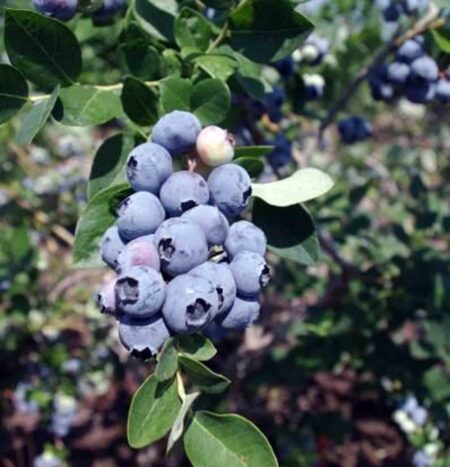Sycamore trees are large maturing trees and perform best when they have a large root space. It is not the best choice for small areas. Research over the last 50 plus years has shown that trees produce roots that grow outward 2 to 3 times beyond the branch spread and 80 plus percent of the roots that actively pull up water and nutrients are found within the top foot of soil.
Okaloosa County Master Gardener Lee Vanderpool will offer a free lecture on growing orchids on Wednesday, July 17.
This hour-long presentation titled Growing Orchids at Home begins at 10 a.m. and will be held at the Okaloosa Extension Annex located at 127 Hollywood Boulevard NW in Fort Walton Beach.
While orchids are one of the most commonly grown houseplants, they pose the most frequent questions. Lee will provide practical advice on potting, repotting, fertilizing, propagation as well as tools to use in growing orchids.
Seating is limited for this seminar and reservations are required. Please call the UF/IFAS Okaloosa County Extension Office at (850) 689-5850 or email achisholm@myokaloosa.com to reserve your seat.
Sycamore trees are large maturing trees and perform best when they have a large root space. It is not the best choice for small areas. Research over the last 50 plus years has shown that trees produce roots that grow outward 2 to 3 times beyond the branch spread and 80 plus percent of the roots that actively pull up water and nutrients are found within the top foot of soil. A tree’s root system is more of a “pancake” pattern, not a mirror image of the above ground portion of the tree.
The lack of a large, open, unpaved area to allow adequate root growth for this tree, with time, will result in the tree having a compromised root system. The sycamore tree genetically will grow to a height of 75 to 90 feet with a spread of 50 to 70 feet, not the best choice in a smaller landscape. Also, as is stated in the below University of Florida Extension publication on sycamore trees, “They are best suited for soils which are moist and do not dry out. Dry soil can lead to short life for this wet-site-tolerant tree.”
Also taken from the same publication, “Unfortunately, aggressive roots often raise and destroy nearby sidewalks. The dense shade created by the tree’s canopy may interfere with the growth of lawn grasses beneath it. In addition, the leaves which fall to the ground in autumn reportedly release a substance which can kill newly planted grass. Best not planted in yards due to messy habit, it should be saved for the toughest sites and supplied with some irrigation in drought. Allow at least 12 feet (preferably more) of soil between the sidewalk and curb when planting as a street tree.”
Know the mature size of a tree (space requirements needed) and the site conditions the tree needs to avoid planting the wrong tree in the wrong place.
http://hort.ufl.edu/database/documents/pdf/tree_fact_sheets/plaocca.pdf
Larry Williams is the Extension horticulture agent with the Okaloosa County Cooperative Extension Service, University of Florida. Contact Larry at 689-5850 or email lwilliams@myokaloosa.com.




